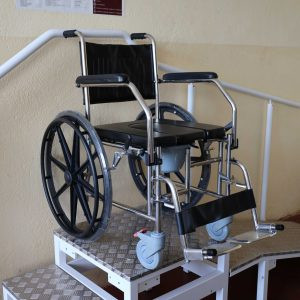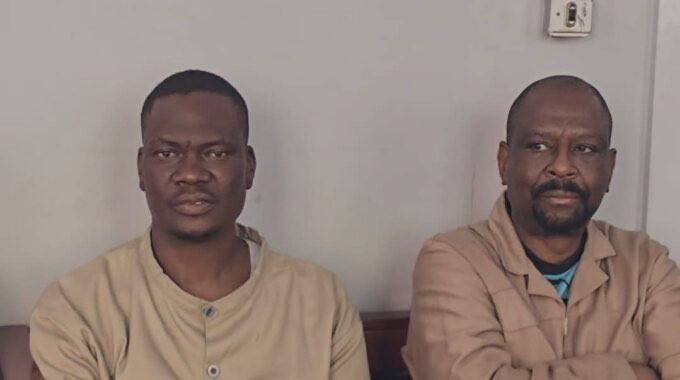
THERE is a common but deeply-misguided perception in Zimbabwean society that a wheelchair is a kind of prison, a symbol of confinement rather than freedom.
Many people use this language unconsciously, without realising the harm embedded in such thinking. This opinion piece seeks to raise awareness about the importance of respectful attitudes toward wheelchairs and their users in our broader conversation on disability inclusion.
People who use wheelchairs do so because of physical or motor challenges. Yet describing them as “wheelchair-bound” is both inaccurate and demeaning.
A wheelchair, far from being a symbol of bondage, is a tool of liberation, a means of movement, independence and dignity. To call someone “wheelchair-bound” is as absurd as saying that drivers are “car-bound”.
A wheelchair enables its user to move from point A to point B, to navigate the world freely and to participate in everyday life with confidence.
Disability scholars have long argued that a wheelchair is not separate from its user, but an extension of the body, an assistive device that expands mobility and capability. Recognising this means acknowledging that a wheelchair user’s space must be respected just as much as anyone else’s.
Touching or moving someone’s wheelchair without their consent is an invasion of personal space, akin to grabbing their arm or pushing them without permission.
Unfortunately, people with disabilities often experience subtle and overt forms of marginalisation. In many cases, when a wheelchair user enters a shop accompanied by a friend, attendants will instinctively address the companion instead of the user.
- Bulawayo City fire coach Ncube
- Bulawayo City, Beefy part ways
- Zim coach in Rwanda success
- Miss Albinism vaccination drive gathers steam
Keep Reading
This behaviour reveals deep-seated prejudices, what philosophers might describe as a “mind-to-world” perception: the idea that people with disabilities are somehow less capable, dependent, or imprisoned by their conditions.
Over time, such attitudes can erode the confidence and dignity of wheelchair users.
It is essential to understand that not all wheelchair users have the same medical background. Some may have sustained injuries from accidents; others may live with conditions such as muscular dystrophy or cerebral palsy.
What they share is not a diagnosis, but a right to access spaces, services and opportunities without discrimination or humiliation.
This begins with inclusive design. Public infrastructure, such as buses, commuter omnibuses, schools, banks, churches and restaurants, must be universally designed to accommodate wheelchair users with dignity.
It is undignified, for example, for a person to be lifted manually onto a bus or building because ramps and accessible pathways were not considered in the design. Accessibility is not charity; it is a right.
Equally problematic is the practice of politicians donating wheelchairs as publicity stunts. A wheelchair is not a token of benevolence; it is an assistive technology that should be carefully fitted to the user’s body and environment.
Without proper assessment, an ill-suited wheelchair can cause physical discomfort, back pain, or even worsen the user’s condition. Before any donation, there must be a professional evaluation to ensure that the wheelchair’s design, size and structure meet the user’s specific needs and the terrain they live in.
When properly provided, a wheelchair enhances the quality of life of its user. It becomes a connector, linking people to opportunities, relationships and spaces that define full participation in society.
Architects, engineers and urban planners must, therefore, embrace universal design principles so that no public space excludes or humiliates wheelchair users.
If Zimbabwe truly believes in the mantra of “leaving no one and no place behind” by 2030, then accessibility must move from rhetoric to reality.
The absence of ramps, wide doors and accessible toilets in many newly-built food courts and public facilities exposes a collective failure to view disability inclusion as a developmental priority.
A society that values diversity must go beyond tolerance to genuine inclusion, a society where difference is not seen as deficiency and where tools such as wheelchairs are recognised for what they truly are: instruments of freedom, mobility and dignity.
Nicholas is a law student at the University of Zimbabwe.











